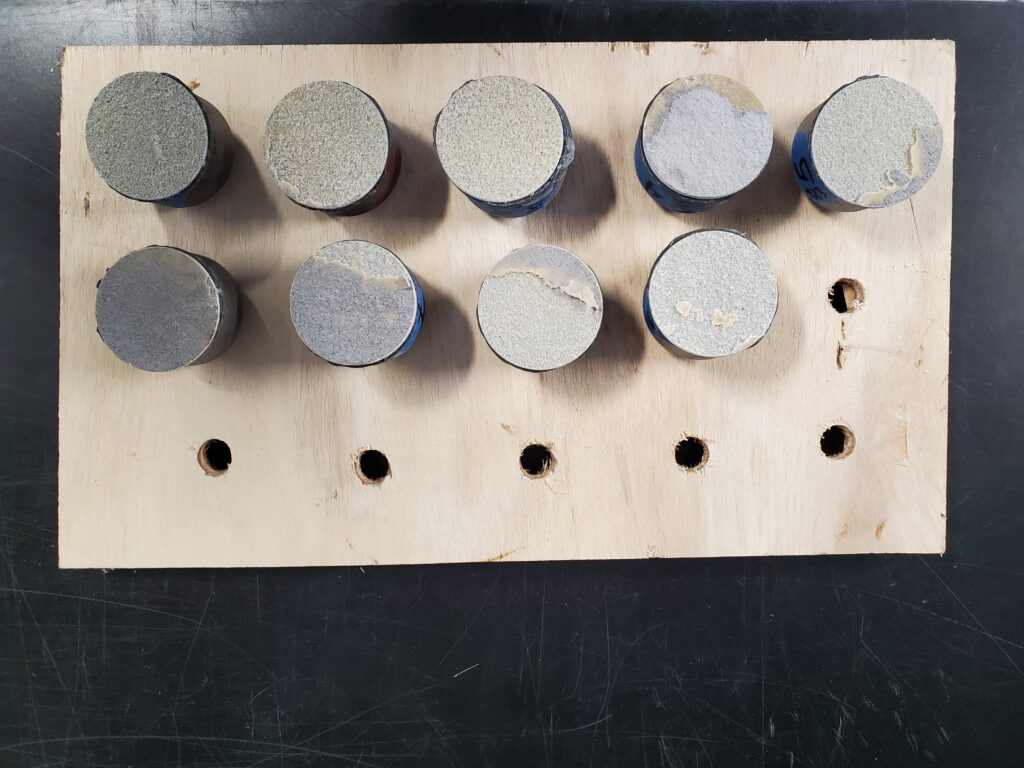Moore Engineering Services evaluates the strength of adhesive materials between flooring, wall, and ceiling substrates to determine the cause of damage or if an overlay over the existing adhesion material is possible when remodeling. Moore utilizes industry leading Elcometer and DeFelsko brand equipment and relies on industry standards for testing methods.

MOORE QUOTES
Moore Engineering continues to help our company reduce costs through their engineering knowledge and expertise.
Scott Moore is undoubtedly one of the most serious, honest, and knowledgeable people in the business.
Moore Engineering provided reliable and accurate results in a professional manner, at an affordable price.